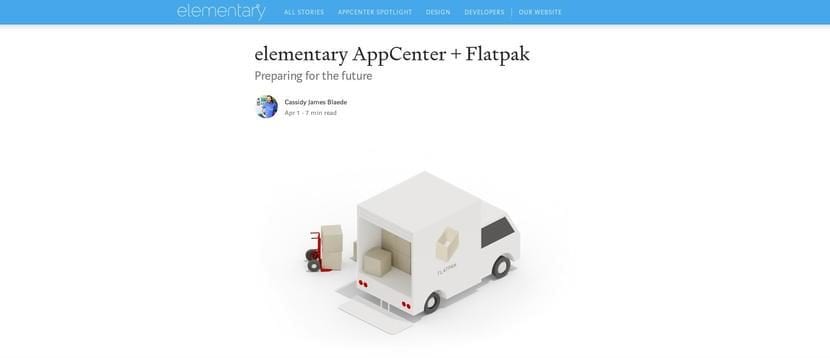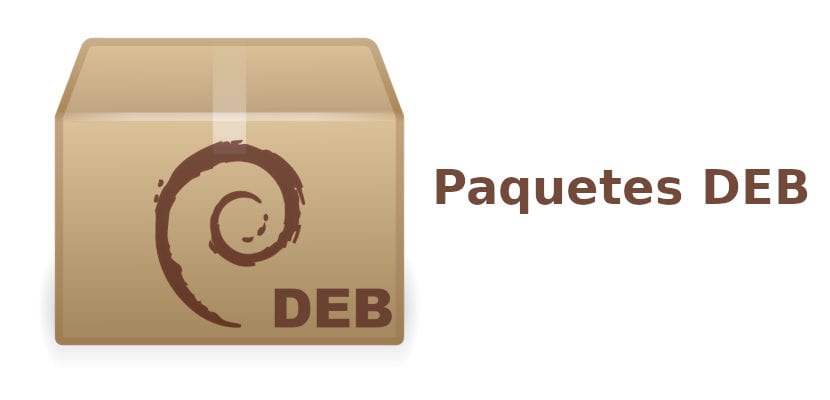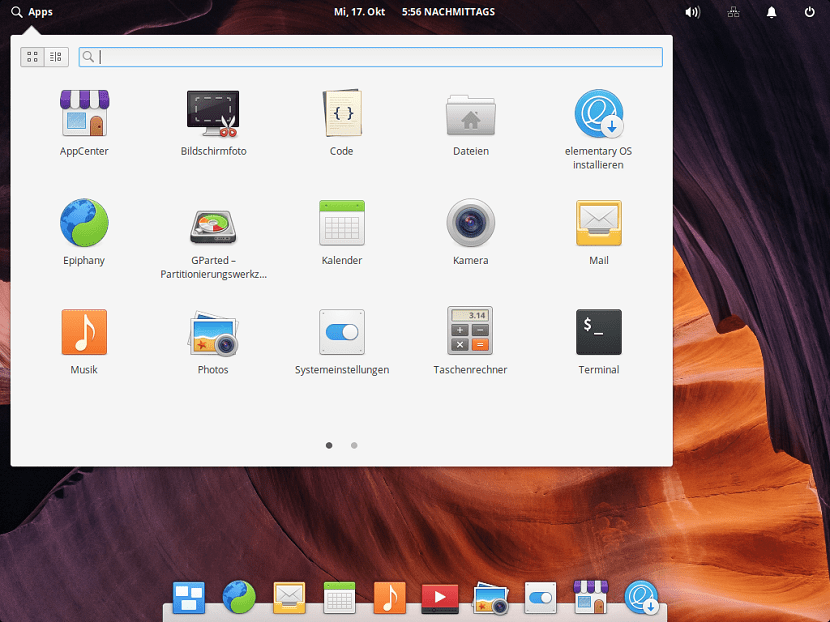
Yesterday we warned our twitter followers that it was April 1, the day of the Holy Innocents in some Anglo-Saxon countries, and that we could read some strange news. So it was with the news on which this post is based and we decided to wait until day 2 to confirm that it was not a joke. And it is not: elementary OS will be passed to Flatpak packets, a more modern package type that shares many features with Canonical's Snap packages.
Like Snap packages, Flatpak packages contain within it everything necessary for an application to work, and by this we are referring to core software and dependencies. It's also all safer and updates are faster, not to mention good for developers because they only have to code once and it works on whatever operating system they decide to make compatible. That's what elementary OS will do in the future.
Elementary OS + Flatpak App Center ... but without Flathub
Elementary OS developers have been working with Flatpak practically from its birth. And not only with these types of packages, but they assure that they have been trying for years to decide which would be the best option. In the moment in wich they noticed Flatpak it was still called "XDG-App" and it was 2015. For those who do not know, 2015 was the year in which both the project now known as Flatpak and the Snap packages were born, but Canonical's proposal really became famous in April 2016 for being one of the most important novelties of those that came with Ubuntu 16.04 Xenial Xerus. I find it important to mention that Flatpak predates Snap.
But they warn: "Flatpak is not Flathub". You have to differentiate between the package format and the repository, which you can access from this link. elementary OS wants the software search and installation to continue to be from their App Center, in part, although they do not say so, because that way they also control everything that is downloaded and have more options to get donations. And it is that App Center uses a pay-what-you-want payment system to download / install the applications.
What they also want to make clear is that switch to Flatpak it is not going to mean that they leave out their native applications nor that they are going to change the download and installation system so that developers can collect from donations. Also, everything will be carefully tested to make sure it works perfectly before publishing it to the App Center, all the same as they have done until now.
elementary OS will create your own Flatpak repository for App Center, more or less the same as they have done so far with their repository for Debian-based software.
The problems with .deb packages

Well, Ubunlog still has many fans of .deb packages partly because we like the classic and partly because we have experienced problems with the new types of packages. But it is true that .deb packages usually use dependencies And if one of them contains a vulnerability, the whole program has a security flaw. Modern package formats eliminate these problems while delivering updates much sooner… in theory. In theory or in practice but, in my opinion, it still has a little left for everything to be perfect in both Flatpak and Snap packages.
In addition, new packages are sandbox based, which limits the access of applications to the operating system. Sandbox applications improve security and privacy.
And why hasn't elementary OS chosen Snap packages?
elementary OS assures that they also worked with Canonical, but there are things that they did not like at all and in some I totally agree:
- Decentralized design. Flatpak allows anyone to create their own repository, so elementary OS will have its own. This means that everything that can be installed from App Center will have the same design, something that does not happen, by far, with the Snap packages. This is what I meant here so Canonical should do something else, like putting a bit of pressure on the developers to deliver the updates sooner (ahem… Mozilla…) and that everything has a similar design. In the Snap packages we can find applications with images like Windows 95, GNOME, KDE ... and the system seems to have a thousand parents.
- Flatpak gets closer to the work of elementary OS. For example, modern GTK functions have been built for a Flatpak-like future, and Flatpak has been developed with GTK in mind from the start.
- Consensus with independent application developers. elementary OS works shoulder to shoulder with indie developers. Although some have chosen both packages, they say the Flatpak is easier to work with.
How will it affect users and developers?
elementary OS ensures that your operating system users will not notice anything. The only thing they will notice will be positive, such as faster downloads and updates. As for the developers, the delivery and review of the apps will continue as before.
La doubt that I have left is yes will still allow the installation of .deb packages. In the past you could not install software from outside your App Center if you did not install Gdebi, GNOME Software or some other installation tool than App Center. If it is still allowed, it seems that the move from DEB packages to Flatpak will only be benefits.
What do you think of elementary OS moving to Flatpak?

Excellent clarifications, keep it up !!